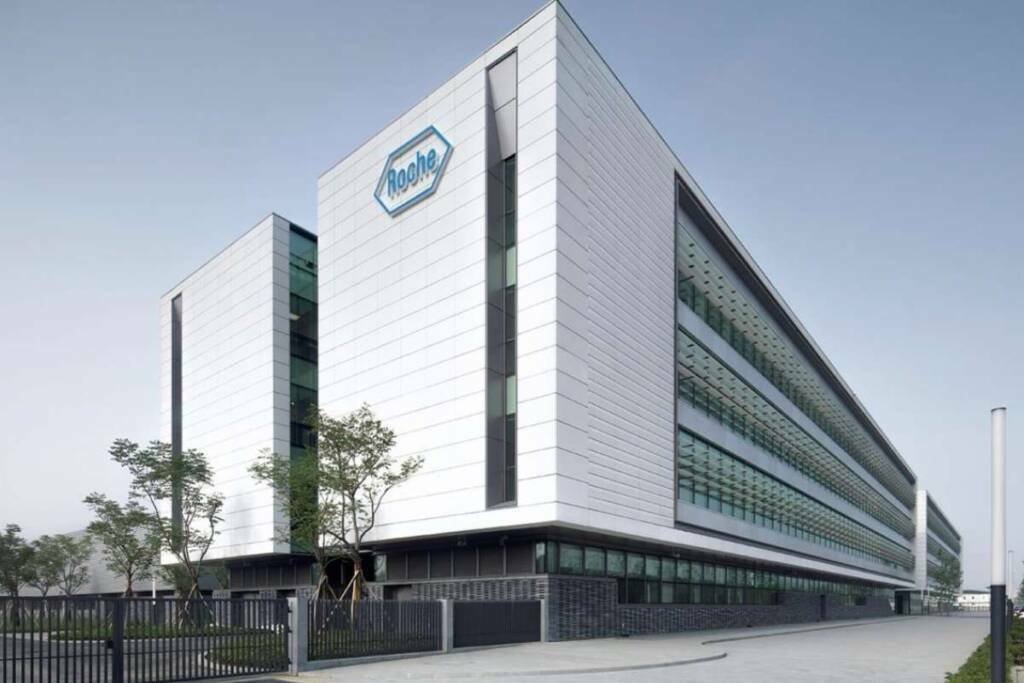Roche announced today that it has discontinued the development of its thrombolytic drug tenecteplase for acute ischemic stroke due to the failure of its Phase III clinical trials to support regulatory filings.
Tenecteplase, which is already marketed as Metalyse and TNKase for patients with suspected acute myocardial infarction, was being tested in Phase III stroke trials after a Phase II study showed promising results compared to the older thrombolytic therapy alteplase. However, the Phase III TIMELESS and TRACE-2 studies found that tenecteplase did not demonstrate superior functional outcomes for stroke patients, with or without mechanical thrombectomy, despite its effectiveness in clearing blockages.
Roche’s decision to discontinue tenecteplase is part of a larger set of discontinued therapies, including RG6358 (SPK-8016), a gene therapy for haemophilia A with inhibitors to Factor VIII. This therapy was developed by Spark Therapeutics, which Roche acquired for $4.8 billion. The FDA recently approved BioMarin Pharma’s gene therapy for haemophilia A without inhibitors, Roctavian, ahead of Roche’s RG6357, which is in late-stage development for the same patient group.
Other projects that have been dropped include early-stage endeavors like RG6007, an HLA-A2-WT1xCD3 bispecific antibody for acute myeloid leukemia, RG7637 for psychiatric disorders, cancer therapy RG6392, and the SQZ-PBMC-HPV vaccine for solid tumors associated with human papillomavirus.
In light of recent setbacks for other projects, such as giredestrant for breast cancer, tiragolumab for TIGIT-targeted therapy, ipatasertib for cancer, and crenezumab for Alzheimer’s, Roche acknowledges the need to strengthen its late-stage pipeline. To address this, the company has signed a licensing agreement with Alnylam for a twice-yearly drug to treat high blood pressure and is rumored to be pursuing an inflammatory bowel disease therapy through a potential deal with Roivant.
Despite these challenges, Roche’s pharmaceutical sales have shown positive growth, increasing by 7% to CHF 10.9 billion ($12.8 billion). This growth is driven by successful therapies like Vabysmo for eye diseases, Ocrevus for multiple sclerosis, and Hemlibra for haemophilia. However, its diagnostics division has experienced a decline in revenues, down 17% to CHF 3.5 billion, due to a reduction in COVID-19 tests following the post-pandemic period.





























